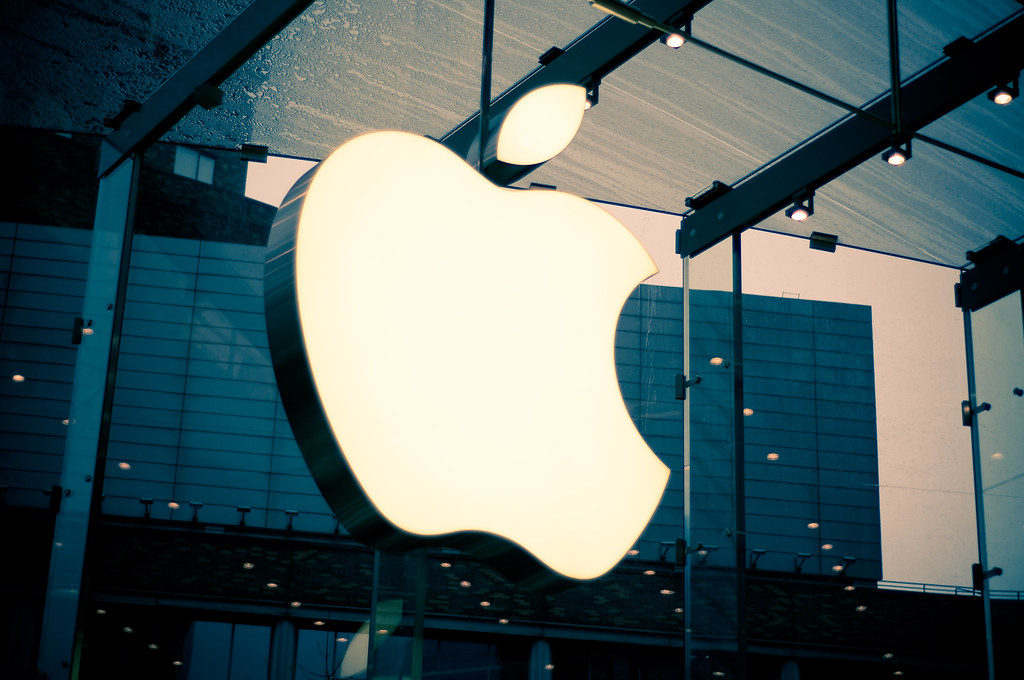The digital landscape is abuzz with the latest legal drama as the United States Department of Justice (DOJ) takes on tech titan Apple. The DOJ has filed a civil antitrust lawsuit against Apple, accusing the company of stifling the development of multifunctional super apps akin to China’s WeChat. This legal tussle has the potential to reshape the app ecosystem in the US, and here’s why it matters.

WeChat, a behemoth in the app world with over a billion active users, is more than just a messaging platform. It’s a one-stop-shop for social networking, e-commerce, and mobile payments, deeply woven into the fabric of daily life in China.
The DOJ’s lawsuit alleges that Apple has been a roadblock to the emergence of similar super apps stateside. The complaint points to Apple’s monopolistic behavior, suggesting that the tech giant has imposed barriers to prevent competitors from creating apps that could potentially challenge its dominance in the smartphone market. The DOJ argues that Apple’s actions have not only stifled innovation but also imposed undue costs on developers and consumers.
Apple’s defense is robust, claiming that its platform has not hindered the development of super apps. The company points to WeChat’s functionality on the iPhone and other examples like Tata Neu in India as evidence that its policies are not to blame for the lack of super app popularity in the US. Apple suggests that consumer preferences for single-purpose apps and the unique regulatory and economic conditions in Asia are the real reasons behind this trend.
The crux of the DOJ’s argument lies in Apple’s historic iOS restrictions against ‘mini programs,’ which are small third-party applications that can be integrated into services like WeChat. The DOJ contends that Apple’s arbitrary interface rules and payment restrictions for these mini-programs have obstructed an alternative app ecosystem from flourishing.
Despite the DOJ’s claims, the success of super apps in the US remains a complex issue. Critics argue that bundling multiple services into one app can lead to a clunky user experience, which has led some tech companies to unbundle their services. Moreover, the success of industry-specific bundles and the pursuit of integrated services by companies like Snap Inc. and Uber suggest that there are alternative paths to app integration that are finding traction.
With the legal battle unfolding, the outcome will be pivotal in determining whether Apple’s ‘walled garden’ approach to app development will stand or be dismantled in favor of a more liberalized market. The DOJ’s scrutiny is a clear signal that the Biden administration is serious about promoting competition, especially within the tech industry.
While the safety and security of apps like WeChat are important considerations, the broader implications of the DOJ’s lawsuit against Apple could have a lasting impact on the app market in the US. Whether or not super apps will become a mainstay in the American digital ecosystem remains to be seen, but one thing is certain: the battle over the future of app development is just heating up.





